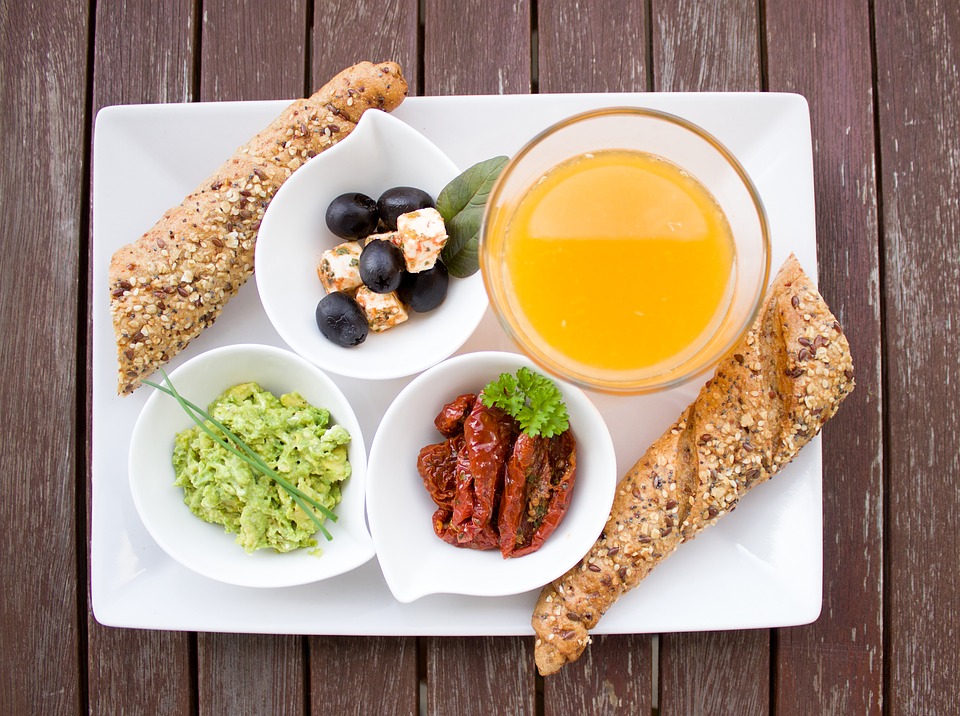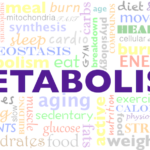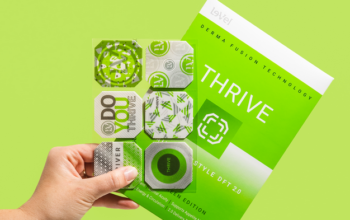Eating healthy is very important for everyone and it is extremely hard for college students. Having busy schedules with lots of class and work responsibilities and experiencing constant stress, college students often struggle to keep healthy lifestyles and make good nutritional choices. When you are living on a super-tight budget, constantly lacking sleep and time to complete your writing assignments and have to get help at a coursework writing service, a healthy diet isn’t always a top priority.
But eating right doesn’t simply help you keep a healthy body weight, it also helps you feel better and cope with stress. Healthy foods help you be more productive so you can perform better in class and have enough energy to cope with your challenging daily tasks. Besides, eating healthy isn’t really that hard. Here are some easy tips to help you get started.
Replace your usual snacks with healthy foods
People have developed a habit of eating on the go, but the problem is that snacks are high-calorie foods and they actually provide as many calories as breakfast. Besides, snacks don’t provide you with enough nutrients. Try to replace them with healthy foods such as vegetables, nuts, fresh or dried fruit, whole wheat crackers, rice cakes or unbuttered popcorn. These healthy foods will give you energy.
Eat a healthy breakfast
It is an important meal and studies showed that skipping breakfast can lead to reduced problem-solving ability, lack of motivation, and lower energy. Having a substantial meal in the morning will help you manage your hunger during the day. If you don’t have time for breakfast, take pieces of vegetables, nuts, and some juice in your backpack. Try to pack a lunch as well so your class schedule won’t dictate your meals.
Eat variety of foods
Your daily menu should include dairy products that are rich in calcium. When you’re twenty, you need to build the store of calcium in your body to prevent osteoporosis later. You should also eat a “rainbow” of fresh vegetables and fruits to get a balanced mix of nutrients. Your diet should also include healthy grains that will give you energy and fish such as tuna and salmon that are rich in Omega-3 fatty acids.
Cook your meals in advance
You can hardly resist a temptation to eat an unhealthy snack when you feel hungry. So if you prepare your meals in advance, you will be able to eat more healthy meals and save money that you spend on buying fast food. You should plan your meals and make a list of products when you go shopping. In this way, you will be able to focus on looking for products that are on your list and won’t buy more sweets and junk food or the products that you already have.
You should cook plenty on Sundays and freeze individual portions that you could eat for dinner during weekdays. Of course, it can be difficult to always find enough time to cook lots of food in advance, so you should find quick and healthy recipes you can use to prepare meals when you are short of time.
Remember that healthy eating is not a short-term challenge and has nothing to do with keeping a diet. It’s a lifestyle.











